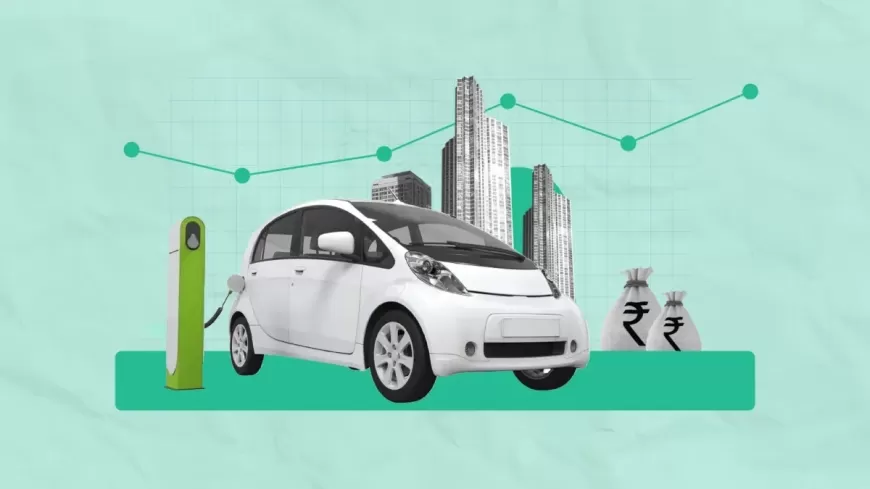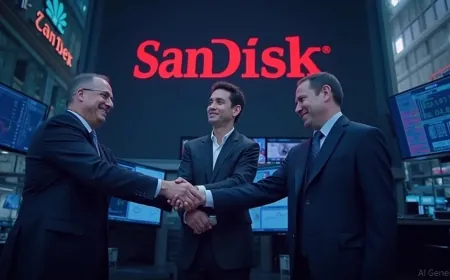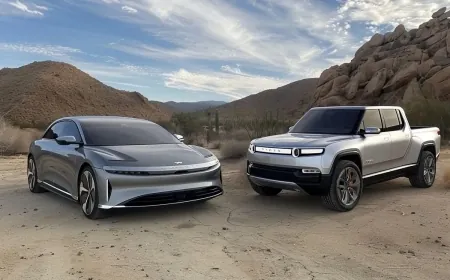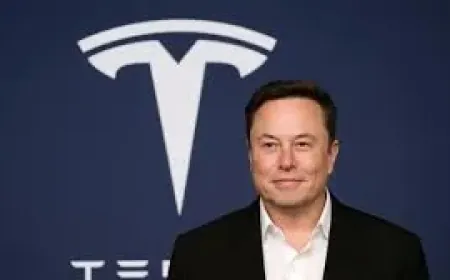The Future of EV Stocks: Challenges, Investments, and Market Impact
Why EV stock prices matter, how recent investments impact companies like Rivian, and what the future holds for electric vehicle startups.

Car brands like Ford, Chevrolet, and Mercedes are household names with a long history. Even brands like Buick and Lincoln have maintained their presence, partly thanks to endorsements from celebrities like Tiger Woods and Matthew McConaughey. However, the automotive market is also filled with now-defunct brands such as Studebaker, Oldsmobile, Pontiac, and Saab.
When people buy cars, they often plan to keep them for many years. They rely on the manufacturer for support, parts, and critical recalls. Knowing that a car company will be around for the long haul is a key consideration for buyers.
This is particularly important in the emerging electric vehicle (EV) market, which features new names like Tesla, Polestar, Rivian, and Lucid. These companies face significant challenges due to their startup status, new technology, and the capital-intensive nature of the business.
This week, Volkswagen invested $5 billion in a joint venture with Rivian, providing the struggling EV maker with a crucial cash boost. Rivian's stock surged 67% before settling at a 30% increase on Monday's price.
“Volkswagen's investment in Rivian will be crucial for helping it achieve the scale needed to reach positive free cash flow,” stated BofA analyst John Murphy in a research note. “Rivian is one of the most viable startup EV automakers with an attractive product, solid long-term strategy, and sufficient funding into 2025 and beyond.”
Viability is the key concern for these companies. As Murphy's team points out, the ability to raise funds and maintain positive earnings and free cash flow are essential.
Our chart highlights these issues: Rivian's stock has fallen 89% since its 2021 IPO, while Tesla and Ford have risen 1,253% and 22%, respectively, over the past five years. Despite recent declines, Tesla’s concerns about longevity have mostly subsided for now.
Ford’s conservative approach, staying true to its history as an automaker, contrasts with Tesla’s more ambitious “robotaxi AI company” vision and may reassure traditional car buyers.
Questions about Rivian and its competitors' future will persist until more vehicles are on the road and the companies demonstrate their financial stability and ability to thrive.
Also Read: Rivian Stock Surges After Major Deal with Volkswagen































































